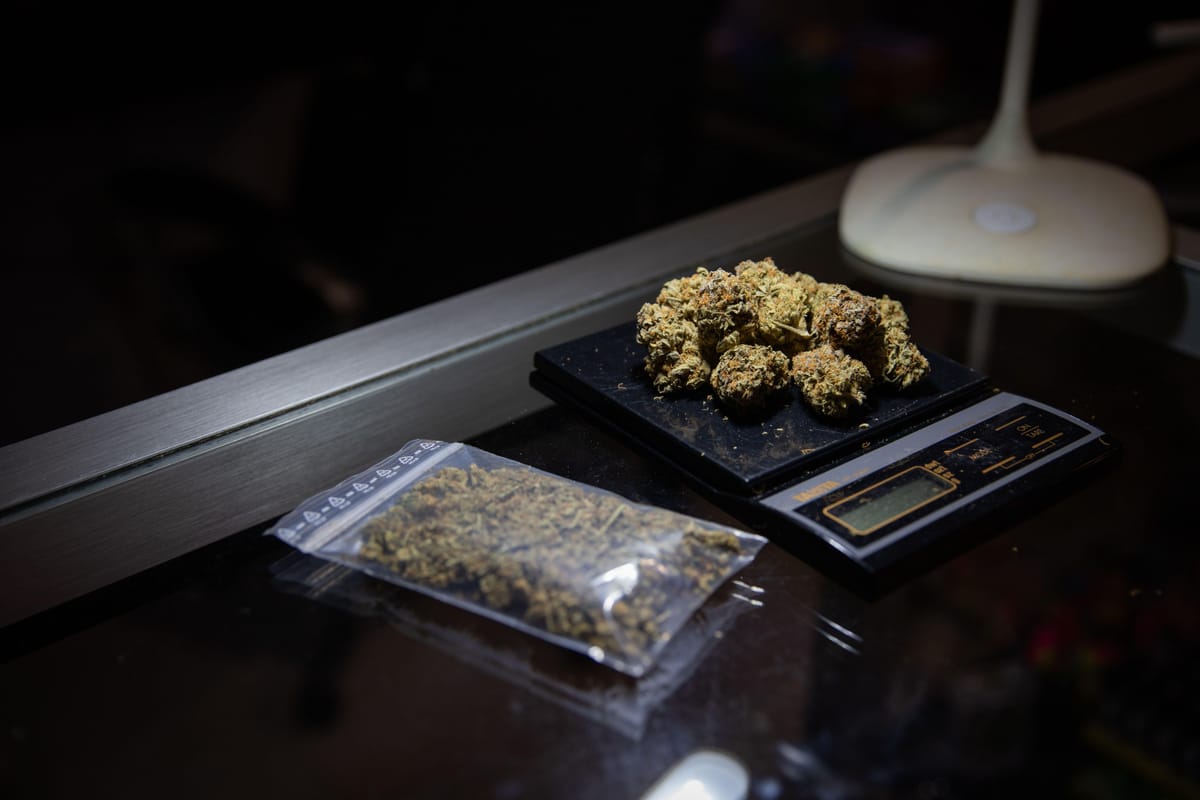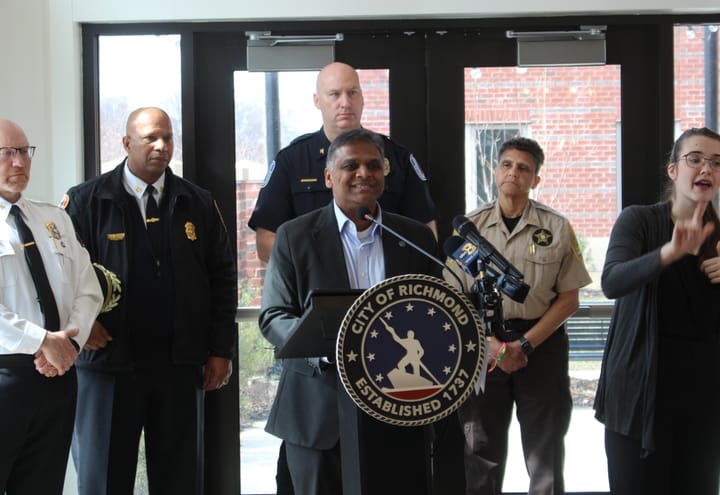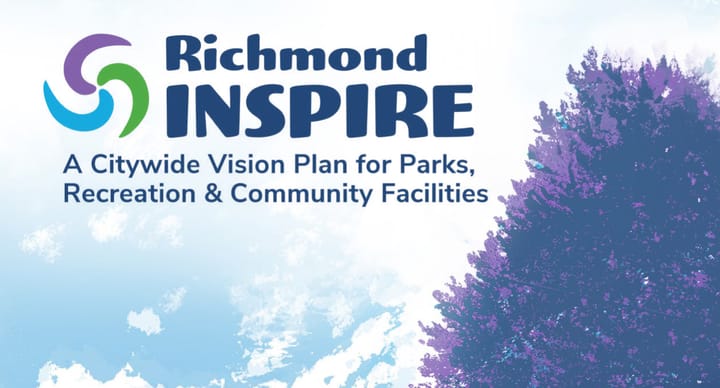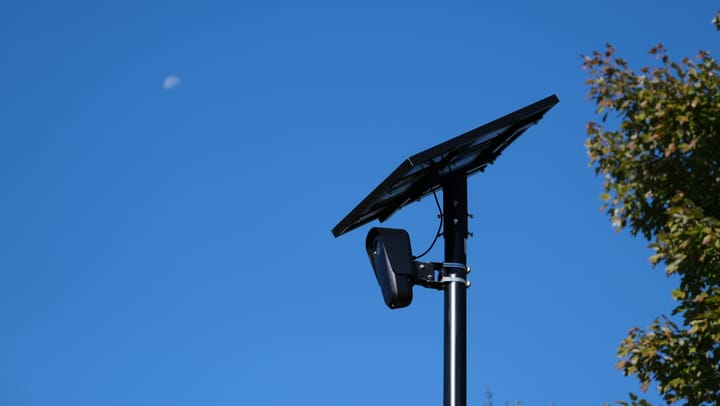
Legalizing marijuana could produce tax windfall for Richmond
Should recreational marijuana sales finally be legalized during the 2026 General Assembly session, Virginia and its localities would be able to tap into millions of dollars in tax revenue.
A recreational market is projected to be a cash cow for the state, according to Department of Taxation estimates based on a 2020 report by the Joint Legislative Audit and Review Commission.
Legislation in 2025 would have established an 8% tax on marijuana that, combined with the state sales tax, would have brought the state an estimated $15 million the first full year of legalization, growing to $74 million by 2031.
Locally, purchases in Richmond would also be subject to a 1% local sales tax, but the city would also receive the option of adding an additional 2.5% tax. If the marijuana is sold as "edibles," that purchase could also be subject to Richmond's 7.5% meals tax, providing additional revenue.
Republican Gov. Glenn Youngkin vetoed that bill during the last legislative session. Around that time, Governor-elect Abigail Spanberger, a Democrat, gave an interview to RVA Mag where she suggested she would be in favor of a legal market.
"We need a clear strategy and plan to transition Virginia into a state that has legalized retail markets that can focus on these concerns," she said at the time.
Richmond Mayor Danny Avula supports legalization as well.
For the city of Richmond, “legalization can play a huge role in reducing unnecessary criminalization that has disproportionately affected some communities,” he wrote in a statement. “We’ve seen firsthand the risks associated with unregulated marijuana sales at vape shops, including illegal drug activity, large cash holdings, and increased incidents of armed robberies and burglaries. A legal, well-regulated market could help reduce those dangers, improve oversight, and allow law enforcement to focus on more serious threats.”
He added that cannabis-specific updates to the zoning code will have to wait until legislation, which would dictate local authority on the matter, is passed.
Medical marijuana sales remain brisk
Virginia’s untaxed medical marketplace, meanwhile, is humming along. The state recorded nearly $30 million in sales from over 256,000 transactions in July and August, the first two months tracked by the Virginia Cannabis Control Authority’s new seed-to-sale tracking program, Metrc. The CCA’s 2024 annual report notes that 103,900 unique patients purchased medical marijuana in FY24 from dispensaries that today number two dozen.
The authority took control of cannabis regulation from the Board of Pharmacy at the beginning of that year. Its efforts since then will help inform how it handles a potential recreational market, according to acting Head and Chief Administrative Officer Jamie Patten.
“We're making sure all of our policies and procedures are in place, all of those general things,” she said in an interview, “but it's important to note that we are not funded for a retail market or staffed for a retail market right now, and so we can't spend taxpayer money on that. We're just being mindful and strategic about how we lay the foundation.”
Momentum for a recreational market in Virginia comes as the door allowing hemp-derived THC products to be sold nationwide was slammed shut by the federal funding bill signed into law by President Donald Trump last week.
The provision, which takes effect in a year and reverses changes in the 2018 farm bill, bans hemp products with more than 0.4 milligrams of tetrahydrocannabinol, which includes oils, gummies, and seltzer drinks that are part of a multibillion-dollar industry. If the timeline for Virginia’s legislation remains the same as in the 2025 bills, a federal THC ban in November 2026 would be followed by the beginning of recreational marijuana sales in the state on May 1, 2027.
How the tax revenues would be spent statewide
Pre-K Programs (10%)
Cannabis Equity Reinvestment Fund (60%)
Substance Use Disorder (25%)
Public Health Program (5%)
*Note: Under the 2025 bill, the distribution of funds would have been 40% for Pre-K, 30% for Cannabis Equity Reinvestment, 25% for Substance Use Disorder, 5% for Public Health Programs until Fiscal Year 2028 when the above rates go into effect.
SOURCE: Fiscal impact statement for HB2485 and SB970
An updated proposal for the 2026 General Assembly session will be discussed at the next meeting of the Joint Commission to Oversee the Transition of the Commonwealth into a Cannabis Retail Market on Dec. 2, the panel’s chairman, Del. Paul Krizek, D-Alexandria, said at its Oct. 6 meeting.
In an email, he added that the bill will also include “some well-thought-out and necessary refinements based on the excellent feedback from the public during our hearings since session ended, including many stakeholders and lessons learned from other states.”






